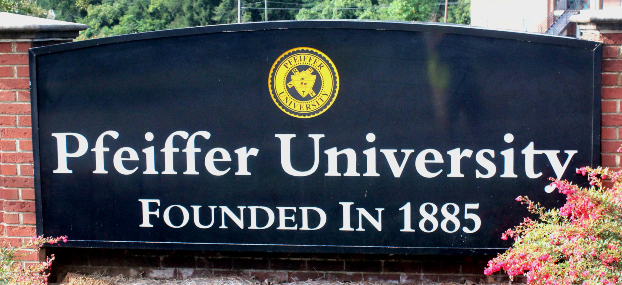BIRN presents an interactive publication in local journalism – European Perspectives Project

During one of the series of Platform B events on Friday, BIRN presented its interactive publication produced as part of the Local Journalism – European Perspectives project.
The publication was created in collaboration with nine local media from Bosnia and Herzegovina, Montenegro and Serbia.
Among other things, the publication aims to help journalists learn about alternative funding models and the opportunities that online fundraising and crowdfunding offer – and to learn how to recognize fake news and limit its spread.
It also explains the importance of local media and cross-border stories collaborating to give stories wider coverage and impact and thus become societal game changers.
As local media everywhere face similar struggles, panelists discussed their resilience and how we can learn from our colleagues in the region and beyond.
The first part of the event focused on an exchange between media representatives and journalists from EU countries facing the same or similar issues in their work in the region.
Anna Petersen, editor at Landeszeitung Lüneburg from Germany, spoke about the struggles of local newspapers to satisfy the need for information in small communities and the transformative effect created by technological disruption and digitization.
But Petersen said: “It shouldn’t be a burden. We should discover new possibilities there.
She added that digitization and the development of platforms have their advantages as the media can more easily reach a wider audience. She also undermined that she feels the print format hasn’t reached the end of its existence. “I don’t like to say that the paper format is out, that it’s over. Perhaps the paper format will be seen as a means of deceleration,” she suggested.
“It is important that people are interested in the new formats and that they feel them as an added value, because they constitute additional content compared to the print edition,” she added.
Márton Kárpáti, Founder and CEO of Telex.hu in Hungary, shared his experience of creating new media and how he was able to fund and create an independent voice for open debate and democratic discussion.
Kárpáti said all Telex employees, around 70 of them, previously worked for Index.hu, Hungary’s largest online news site. After their independence and belief in what journalism should be was compromised, they decided to start their own Telex.hu website.
“We had no money. We had nothing. We didn’t know what would happen. But we believed in our staff and believed in the readers. A few days after quitting, we asked readers and possible supporters to help and support us with money,” he said.
In a few days, they received approximately one million euros which allowed them to start safely. “We were the first crowdfunded news site from scratch,” Kárpáti added. Today they are the third or fourth largest news site in Hungary.
Speaking about the importance of cross-border cooperation and journalism, Brigitte Alfter, director of Arena for Journalism in Europe, said that cross-border journalism should be used when it can bring something beneficial, but should only be used when there is a shared interest of all participants. .
“If there’s no common interest, don’t use it,” she said, adding, “Use it as much as it helps you. Make sure it helps you at some point. given, but don’t use it all the time. Use it when necessary.
In the second part of the event, Amer Bahtijar, president of Tačno.net from Bosnia and Herzegovina, Darija Ranković, editor-in-chief of Kolubarske from Serbia and Ivana Petrović, editor-in-chief of City Smart Radio from Serbia, spoke about the problems they shared as independent local media. electrical outlets.
“We all face similar issues and problems, but they have different phenomena,” Petrović said, adding that “with political influence also comes a huge influx of money into the pockets of loyal media to the regime, which created marketing opportunities for independent media almost non-existent.
This is still a persistent problem for local media in the region, but through networking and collaboration with other local media and beyond the region, positive change and results can be brought, she said.






